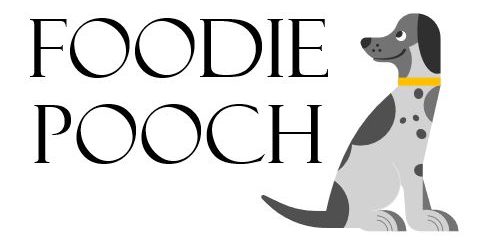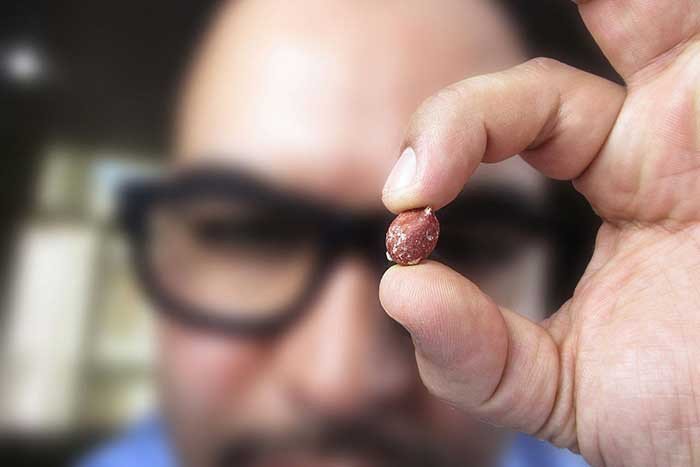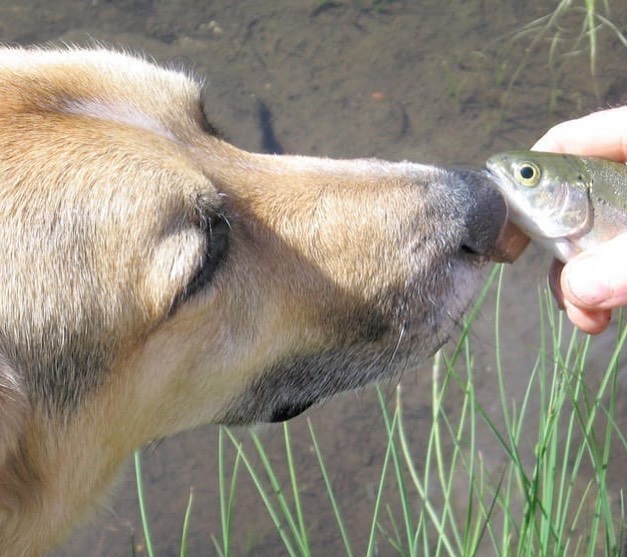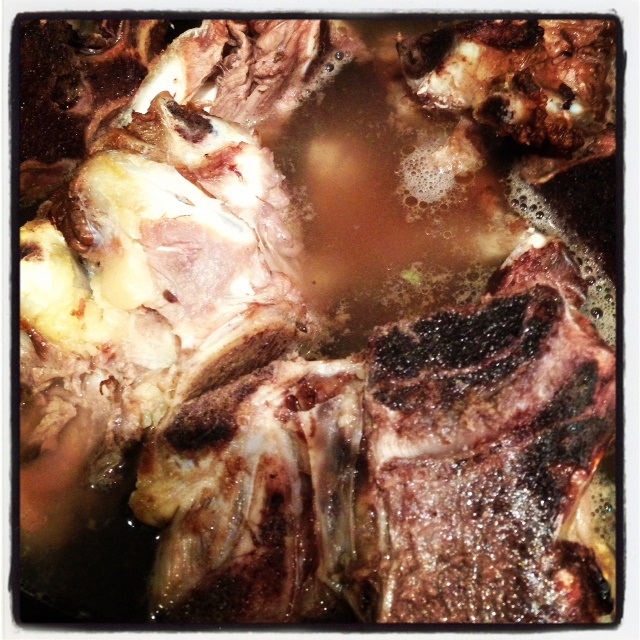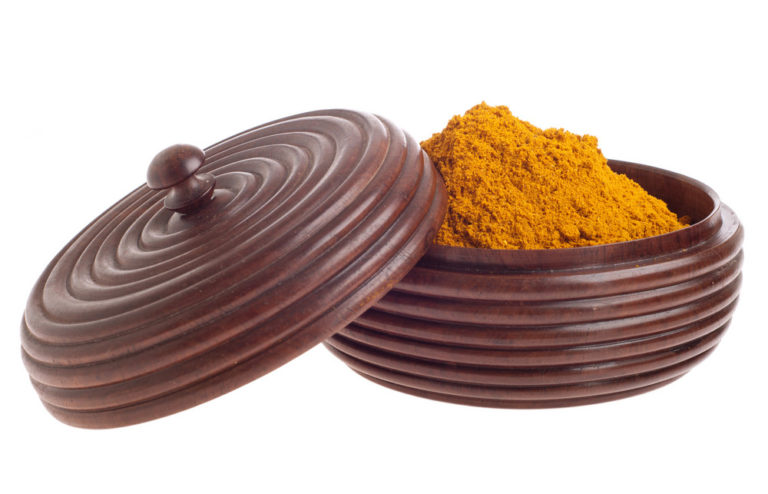Anxiety treats for dogs: The importance of Niacin
Have you ever wondered why some dogs seem extremely nervous around other dogs?
If your dog is one of them, adding niacin-rich foods to his diet may help!
Niacin, perhaps more popularly known as Vitamin B3, is important in your dog’s diet. It’s important your dog has enough, but not too much.
Anxiety treats for dogs are a great supplemental way to support your dog’s need for niacin, but we can also consider what foods provide it naturally (especially as they’re foods not often found in kibble).
What is niacin, and what foods does it come from?
Niacin is an essential nutrient which supports many different bodily functions. It plays a key role in the metabolism of carbohydrates and fats, and it helps to maintain healthy skin and nerves.
It’s often found in organ meats such as liver, but we know too well how little liver we find in most dog foods. Often in our dog’s food it’s added as a powder, but the benefit is questionable.
Regular muscle meat contains niacin as well, but not to the same concentration as organ meats.
Without adequate levels of niacin, your dog can develop a host of problems. These can range from skin disorders to a breakdown in nervous system functioning.
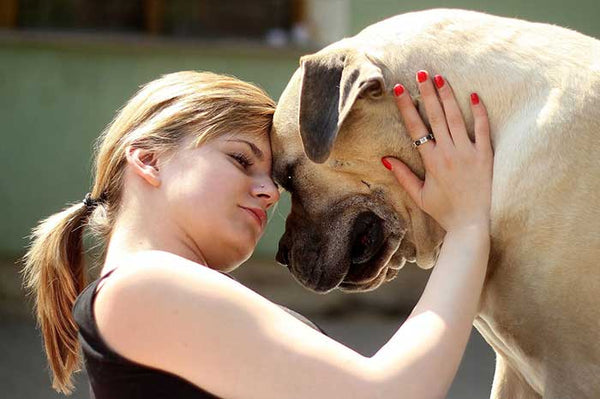
What that means to us as dog owners, is the possibility of our dogs suffering dementia.
Because niacin deficiencies can lead to dementia in our dogs, it’s important to be aware of how much your dog is consuming to ensure his nervous system is as healthy as possible.
Does your dog food provide enough niacin for your dog?
How does niacin help our dogs?
Niacin helps support a healthy nervous system by enabling the transport of nutrients across the blood-brain barrier.
In simpler terms, it ensures your dog’s nerves and brain can stay healthy. It also helps repair nervous tissue, keeping your dog as healthy as possible.
Tryptophan
Another reason niacin is so important in your dog’s diet is because it synthesises an amino acid called tryptophan.
Without niacin, your dog can’t produce any tryptophan, which is an important neurotransmitter.
The l-isomer of tryptophan found in dietary supplements helps your dog regulate his mood and behavior, being scientifically linked to calmer behavior and less aggression.
Higher levels of aggression in dogs raises cortisol levels and leads to a lot of stress, and this can prematurely damage your dog’s nervous system.
This isn’t something that you want!
Niacin and tryptophan in your dog’s diet
Making sure your dog has plenty of dietary tryptophan and niacin (which the body will metabolise into tryptophan) in the diet will help keep him stree-free and calm.
There are two good ways of doing this, and that’s including ingredients rich in niacin in your dog’s diet, or supplementing with stress and anxiety treats.
The Association of American Feed Control Officials (AAFCO) recommend a dog consumes 11.4mg per kilo of niacin daily.
Natural foods rich in niacin
Many natural products are rich in niacin, such as:
- Liver
- Kidney
- Fish
- Sunflower
- Peanuts
Anxiety treats for dogs
Dog anxiety medication in Australia is expensive, but on closer inspection will either contain niacin or l-tryptophan.
We also have a range of anxiety treats for dogs in Australia, with Vetalogica offering a “Canine Tranquil Formula for Dogs” which comes in 120 chewable tablets.

You will also find individual pet stores have their own offering for calming dog treats, or your vet can assess your dog and offer medication.
If your dog suffers elevated anxiety with loud bangs (such as thunderstorms or fireworks), is anxious around people or other dogs, car trips, or vet visits, then anxiety treats for dogs are well worth having on hand.
